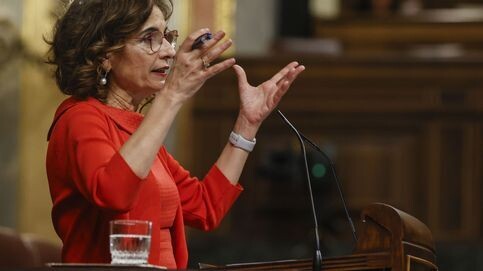
The Independent Authority for Fiscal Responsibility (AIReF) has warned that the Government could have anticipated the annulment of the second decree and corrected it to avoid a greater cost to public finances. According to AIReF, the State could reduce judicial risks by making changes to improve its legislative technique. It is still unclear whether the total costs will be refunded, as the affected companies passed most of the tax onto the final consumer.
In a report, AIReF has highlighted that ongoing lawsuits against Public Administrations represent a significant risk to public finances. Lawsuits arising from poor legislative technique have increased in recent decades, and courts have acknowledged the governments' lack of accuracy in this regard. This political malpractice leaves a financial burden on successor governments, as the costs materialize in subsequent legislatures.
AIReF has identified four actions that cause fiscal costs resulting from poor legislative and political technique. Notable cases include the reimbursement of the health cent tax and the compensation for the closure of the Castor gas warehouse. It is recommended to include potential court rulings in annual budgets and to create a specific fund for natural disasters.
From 2005 to 2023, the State has allocated 47.157 billion euros to cover these risks, suggesting the creation of a contingency fund to finance these expenses. AIReF estimates that the cost of pending rulings to be refunded could exceed 12 billion euros. Recommendations have been made to the Government to avoid similar situations in the future, such as consulting European bodies for decisions that may violate regulations or a constant review of the current legal framework.
Additionally, significantly high expenses for the State due to court rulings have been identified from 2014 to 2022. AIReF highlights the need to address these issues to avoid negative impacts on the public deficit.














